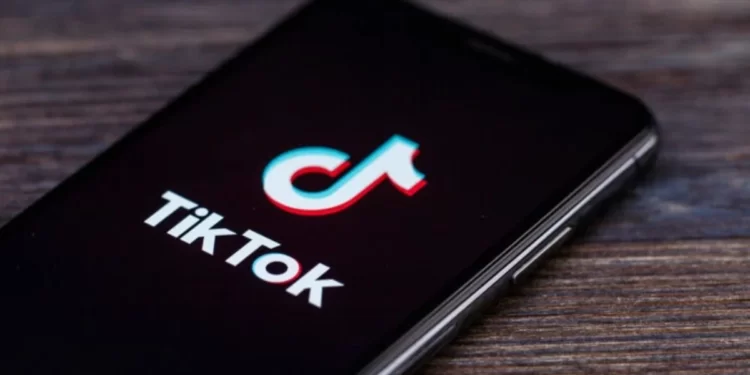TikTok has announced new safeguards for users under 18 as social media companies face increasing concerns and scrutiny over their efforts to ensure the wellbeing of young people.
TikTok will set a daily 60-minute screen time for teens by default, helping them manage their time on the popular short-video platform, it announced on Wednesday. TikTok said it has improved its screen time tool with more custom options and the platform is also expanding its Family Pairing feature with additional parental controls.
“In the coming weeks, every account belonging to a user below age 18 will automatically be set to a 60-minute daily screen time limit,” said Cormac Keenan, head of trust and safety at TikTok. “While there’s no collectively-endorsed position on the ‘right’ amount of screen time or even the impact of screen time more broadly, we consulted the current academic research and experts from the Digital Wellness Lab at Boston Children’s Hospital in choosing this limit.”
When the 60-minute time limit is reached, teens will be prompted to enter a password in order to continue using the application. In this way, it will require users to make an active decision about extending their screen time. For users under 13, an additional 30 minutes of screen time can be availed by a parent or guardian who will need to set or enter an existing password once the previous session has ended.
The feature will be rolled out in the coming weeks. Although teens will be able to turn the feature off, it will allow them to keep track of their scrolling.
“Caregivers will be able to use Family Pairing to customize the daily screen time limit for their teen – including choosing different time limits depending on the day of the week – giving families more choices to match screen time to school schedules, holiday breaks, or family travel,” reads the statement.
Additionally, TikTok is adding the screen time dashboard to its existing Family Pairing feature, which provides summaries of times TikTok was opened as well as a breakdown of total time spent on the app during the day and night. “We know screen time is one of the topics parents most frequently discuss with their teens, and we want to support caregivers with relevant information to help them guide their teens.”
TikTok is also introducing a new setting that will enable parents to mute notifications for their children according to a set schedule. “Accounts aged 13-15 already do not receive push notifications from 9pm and accounts aged 16-17 have push notifications disabled from 10pm.”
The development comes as TikTok faces calls for ban in the US. The short-video app, owned by Beijing-based tech conglomerate ByteDance, has already been banned from official devices by several US states and the European Union (EU). Regulators and government officials have expressed concerns that TikTok might be transferring sensitive user data and confidential information to the Chinese government under the state’s strict laws. TikTok has repeatedly dismissed the claims, reiterating that the platform takes its users’ privacy and online safety seriously. TikTok’s reassurances, however, have done little to allay the critics’ concerns.





